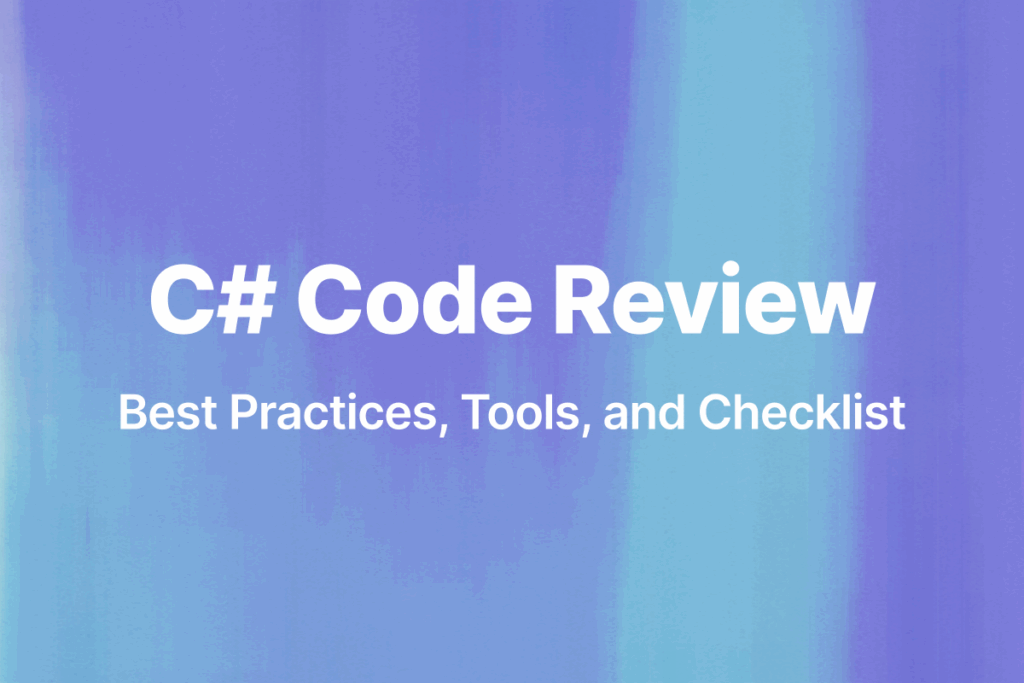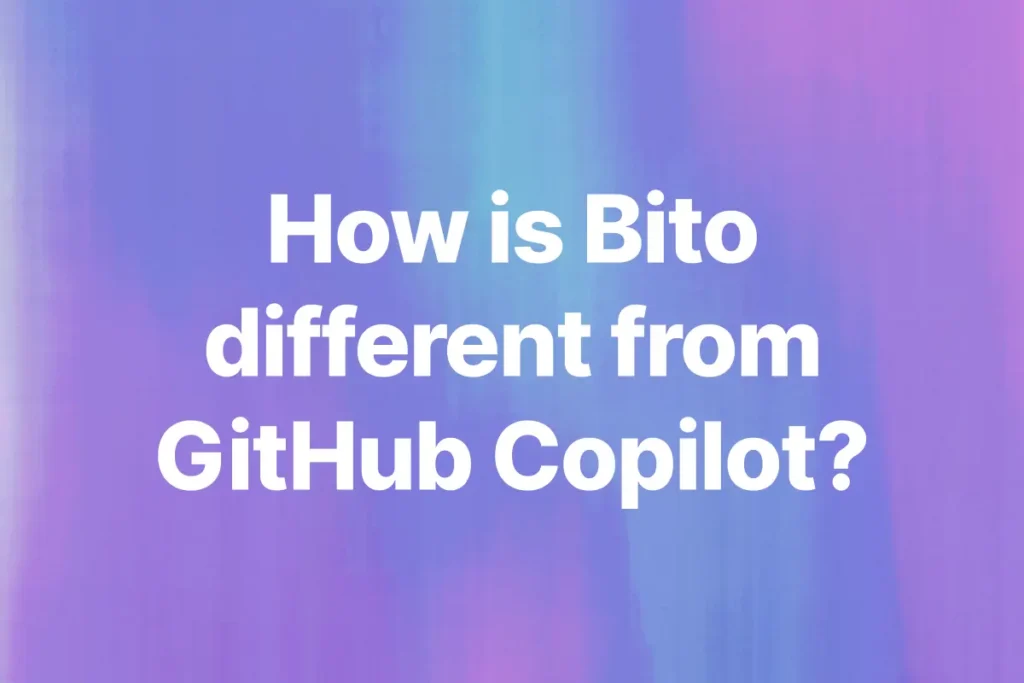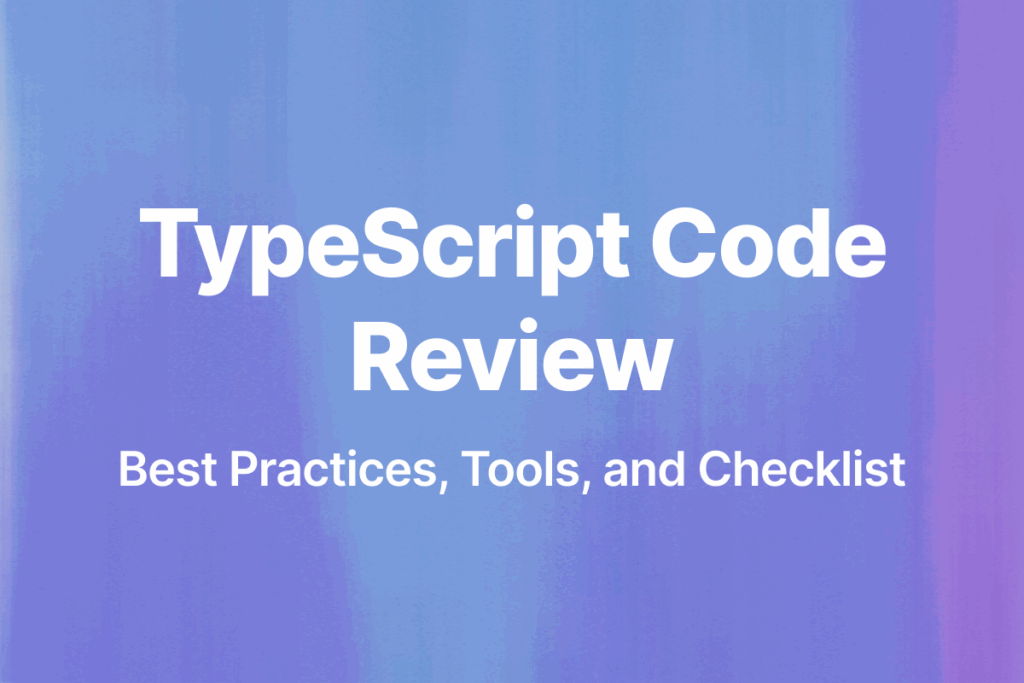Google has recently introduced Gemini, a groundbreaking generative AI model that signals a significant evolution in artificial intelligence technology. This AI model isn’t just a singular entity but a family of models, each tailored for specific applications and computational capabilities. Here’s a comprehensive overview of Gemini, its distinct versions, and its potential impact.
The Gemini Family
Gemini comes in three versions:
1- Gemini Ultra: This is the flagship model of the Gemini family, designed for highly complex tasks. It’s the most advanced version, demonstrating superior capabilities in handling nuanced information across various modalities, including text, images, audio, and code.
2- Gemini Pro: A lighter version of Gemini, it still packs considerable power and is the backbone of Bard, Google’s ChatGPT competitor. As of now, Gemini Pro operates in English within the U.S. and primarily focuses on text-based tasks. It has been integrated into Vertex AI, Google’s fully managed machine learning platform, and is set for broader deployment in Google’s suite of products, including Search and Chrome.
3- Gemini Nano: This version is optimized for mobile devices, with two model sizes targeting different memory capacities. Gemini Nano is set to power features in Android devices, starting with the Pixel 8 Pro, providing functionalities like summarization in the Recorder app and suggested replies in messaging apps.
Capabilities and Performance
Gemini models exhibit a range of capabilities, from summarizing content and brainstorming to writing and reasoning. Comparatively, Gemini Pro outperforms previous models like OpenAI’s GPT-3.5 in various benchmarks. The models are “natively multimodal”, meaning they are trained to understand and generate content across different modalities seamlessly.
Gemini Ultra, in particular, stands out for its advanced capabilities in understanding complex subjects, especially in math and physics. Its training involved a large set of codebases, texts in multiple languages, and audio-visual materials.
Benchmarks Against GPT-4
TEXT
| Capability | Benchmark (Higher is better) | Description | Gemini Ultra | GPT-4 |
|---|---|---|---|---|
| General | MMLU | Representation of questions in 57 subjects (incl. STEM, humanities, and others) | 90.0% CoT@32 | 86.4% 5-shot (reported) |
| Reasoning | Big-Bench Hard | Diverse set of challenging tasks requiring multi-step reasoning | 83.6% 3-shot | 83.1% 3-shot (API) |
| DROP | Reading comprehension (F1 Score) | 82.4 Variable shots | 80.9 3-shot (reported) | |
| HellaSwag | Commonsense reasoning for everyday tasks | 87.8% 10-shot | 95.3% 10-shot (reported) | |
| Math | GSM8K | Basic arithmetic manipulations (incl. Grade School math problems) | 94.4% maj1@32 | 92.0% 5-shot CoT (reported) |
| MATH | Challenging math problems (incl. algebra, geometry, pre-calculus, and others) | 53.2% 4-shot | 52.9% 4-shot (API) | |
| Code | HumanEval | Python code generation | 74.4% 0-shot (IT) | 67.0% 0-shot (reported) |
| Natural2Code | Python code generation. New held out dataset HumanEval-like, not leaked on the web | 74.9% 0-shot | 73.9% 0-shot (API) |
MULTIMODAL
Gemini surpasses SOTA performance on all multimodal tasks.
| Capability | Benchmark | Description (Higher is better unless otherwise noted) | Gemini | GPT-4V (Previous SOTA model listed when capability is not supported in GPT-4V) |
|---|---|---|---|---|
| Image | MMMU | Multi-discipline college-level reasoning problems | 59.4% 0-shot pass@1 Gemini Ultra (pixel only*) | 56.8% 0-shot pass@1 GPT-4V |
| VQAv2 | Natural image understanding | 77.8% 0-shot Gemini Ultra (pixel only*) | 77.2% 0-shot GPT-4V | |
| TextVQA | OCR on natural images | 82.3% 0-shot Gemini Ultra (pixel only*) | 78.0% 0-shot GPT-4V | |
| DocVQA | Document understanding | 90.9% 0-shot Gemini Ultra (pixel only*) | 88.4% 0-shot GPT-4V (pixel only) | |
| Infographic VQA | Infographic understanding | 80.3% 0-shot Gemini Ultra (pixel only*) | 75.1% 0-shot GPT-4V (pixel only) | |
| MathVista | Mathematical reasoning in visual contexts | 53.0% 0-shot Gemini Ultra (pixel only*) | 49.9% 0-shot GPT-4V | |
| Video | VATEX | English video captioning (CIDEr) | 62.7 4-shot Gemini Ultra | 56.0 4-shot DeepMind Flamingo |
| Perception Test MCQA | Video question answering | 54.7% 0-shot Gemini Ultra | 46.3% 0-shot SeViLA | |
| Audio | CoVoST 2 (21 languages) | Automatic speech translation (BLEU score) | 40.1 Gemini Pro | 29.1 Whisper v2 |
| FLEURS (62 languages) | Automatic speech recognition (based on word error rate, lower is better) | 7.6% Gemini Pro | 17.6% Whisper v3 |
*Gemini image benchmarks are pixel only—no assistance from OCR systems.
Innovation and Limitations
A key innovation of the Gemini models is their native multimodality. Unlike conventional multimodal models that train separate components for different modalities, Gemini is designed to integrate these modalities inherently. This design enables it to perform complex conceptual and reasoning tasks more effectively.
However, Gemini also faces challenges. For instance, like other AI models, it is not immune to “hallucinating” or confidently generating incorrect information. Moreover, there are concerns regarding bias, toxicity, and the handling of non-English queries. Gemini Ultra, while advanced, only marginally outperforms existing models like GPT-4 in some benchmarks.
Environmental and Ethical Considerations
The training of large AI models like Gemini raises environmental concerns due to their significant carbon footprint. Google has not fully disclosed the environmental impact of training Gemini, nor has it addressed issues related to the creators’ rights and compensations for the training data used.
Future Prospects and Challenges
Gemini’s launch signifies Google’s stride in the generative AI race, albeit with a sense of urgency that might have compromised its full potential at the outset. While the model promises impressive multimodal capabilities and efficiency, its full capabilities, particularly in Gemini Ultra, are yet to be completely understood and utilized.
Google’s approach with Gemini highlights the complexities and challenges in developing state-of-the-art generative AI models. It remains to be seen how Gemini will evolve and how it will compete with existing models like GPT-4 in both performance and ethical considerations.
Conclusion
Google’s Gemini represents a significant step in the evolution of AI models, particularly in its approach to multimodality. While it showcases promising advancements, it also faces challenges and uncertainties that will shape its development and application in the future.






